Mental Health Therapy in Missouri
Therapists in Missouri
Filters
Morgan Martens
Morgan Martens is a Pre-licensed Professional, providing both online and in-person sessions. Services include therapy for teen & preteen (11 - 18) and adults (18+). They accept American Express, Discover, and Mastercard. Get in touch to see how therapy can fit your goals and schedule.

Cara Gruhala
Cara Gruhala is a Licensed Professional Counselor, providing both online and in-person sessions. Services include therapy for children (0 - 10), teen & preteen (11 - 18), adults (18+), and seniors (65+). Cara has experience working with Bisexual People, Gay People, Lesbians, and Nonbinary People. They accept American Express, Cash, and Discover. Get in touch to see how therapy can fit your goals and schedule.
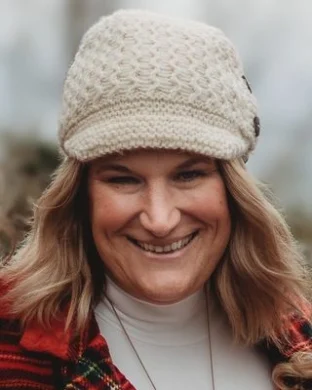
Ginger Kurtz
Ginger Kurtz is a Pre-licensed Professional, providing both online and in-person sessions. Services include therapy for teen & preteen (11 - 18), adults (18+), and seniors (65+). Ginger is in-network with insurance providers including Aetna and Cigna. Get in touch to see how therapy can fit your goals and schedule.
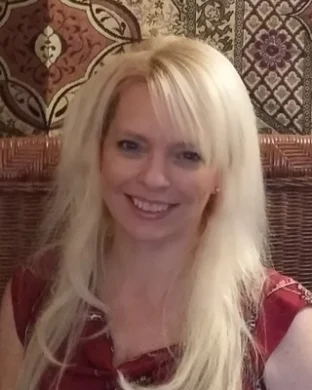
Deborah S Scallorn
Deborah Scallorn is a Licensed Professional Counselor, providing both online and in-person sessions. Services include therapy for adults (18+). Deborah is in-network with insurance providers including Aetna, Ambetter, and Anthem. They accept American Express, Discover, and HSA, and may offer sliding scale payment options to help with the cost of treatment. Get in touch to see how therapy can fit your goals and schedule.
Dr. C Steven Shaffer Phd
C Steven Shaffer Phd is a Licensed Professional Counselor, providing both online and in-person sessions. Services include therapy for teen & preteen (11 - 18), adults (18+), and seniors (65+). C Steven has experience working with Single Mothers. They also have experience working with Christian clients and provide faith-sensitive care while welcoming people of all backgrounds. C Steven is in-network with insurance providers including Aetna, Cigna, and Humana. They accept Bank transfer, American Express, and Check. Get in touch to see how therapy can fit your goals and schedule.
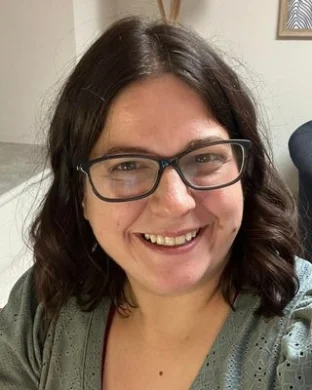
Courtney Koch
Courtney Koch is a Licensed Professional Counselor. Services include therapy for children (0 - 10), teen & preteen (11 - 18), adults (18+), and seniors (65+). They also have experience working with Christian clients and provide faith-sensitive care while welcoming people of all backgrounds. Courtney is in-network with insurance providers including Aetna, Carelon Behavioral Health, and Cigna. They accept American Express, Cash, and Check, and may offer sliding scale payment options to help with the cost of treatment. Get in touch to see how therapy can fit your goals and schedule.
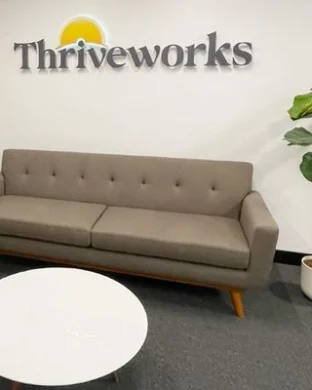
Brienna Thompson
Brienna Thompson is a Licensed Professional Counselor, providing both online and in-person sessions. Services include therapy for children (0 - 10), teen & preteen (11 - 18), adults (18+), and seniors (65+). Brienna is in-network with insurance providers including Aetna, Anthem, and BlueCross BlueShield. Get in touch to see how therapy can fit your goals and schedule.
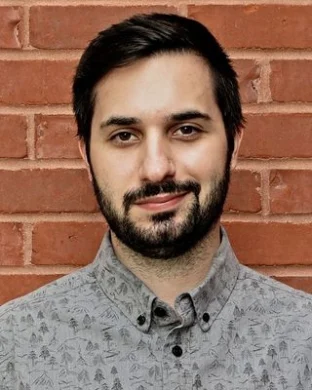
Alex Werner
Alex Werner is a Licensed Professional Counselor, providing in-person sessions. Services include therapy for teen & preteen (11 - 18), adults (18+), and seniors (65+). Alex has experience working with Bisexual People, Gay People, People Living with HIV/AIDS, Lesbians, Nonbinary People, Queer People, Sex Workers, and Transgender People. Alex is in-network with insurance providers including Aetna, Optum, and UnitedHealthcare. They accept American Express, Cash, and Check, and may offer sliding scale payment options to help with the cost of treatment. Get in touch to see how therapy can fit your goals and schedule.
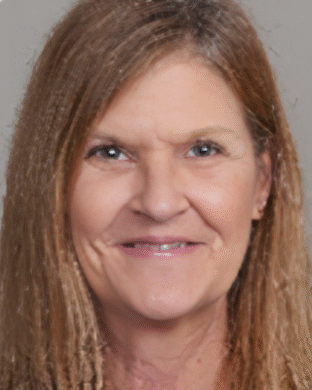
Lori Seulean
Lori Seulean is a Licensed Professional Counselor, providing both online and in-person sessions. Services include therapy for children (0 - 10), teen & preteen (11 - 18), adults (18+), and seniors (65+). Lori is in-network with insurance providers including Aetna, Behavioral Health Systems, and BlueCross BlueShield. Get in touch to see how therapy can fit your goals and schedule.
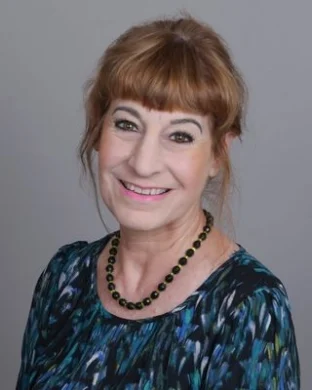
Nancy Lubowitz
Nancy Lubowitz is a Clinical Social Worker/therapist, providing both online and in-person sessions. Services include therapy for adults (18+) and seniors (65+). Nancy is in-network with insurance providers including Aetna, Anthem, and Carelon Behavioral Health. Get in touch to see how therapy can fit your goals and schedule.
Mental Health in Missouri
In Missouri, 255,000 adults are experiencing a serious mental illness, and nearly 1 million Missouri adults have a mental health condition. Among the states, Mental Health America ranks Missouri at 44, meaning there is a higher prevalence of mental illness and lower rate of access to care.
Like many states that rank low on this list, The Show Me state faces a shortage of mental healthcare providers. In fact, 99 rural counties in Missouri have been designated a Mental Health Professional Shortage Area. With less than 4% of the recommended providers, this is the largest shortage in any state.
To increase access to treatment, some Missouri clinics are re-evaluating policies and making changes. These behavioral health clinics have improved access to serve nearly 30% more patients and are offering same-day care. This has been made possible by eliminating wait lists, integrating physical and mental health care, and establishing partnerships with hospitals, schools, and law enforcement services.